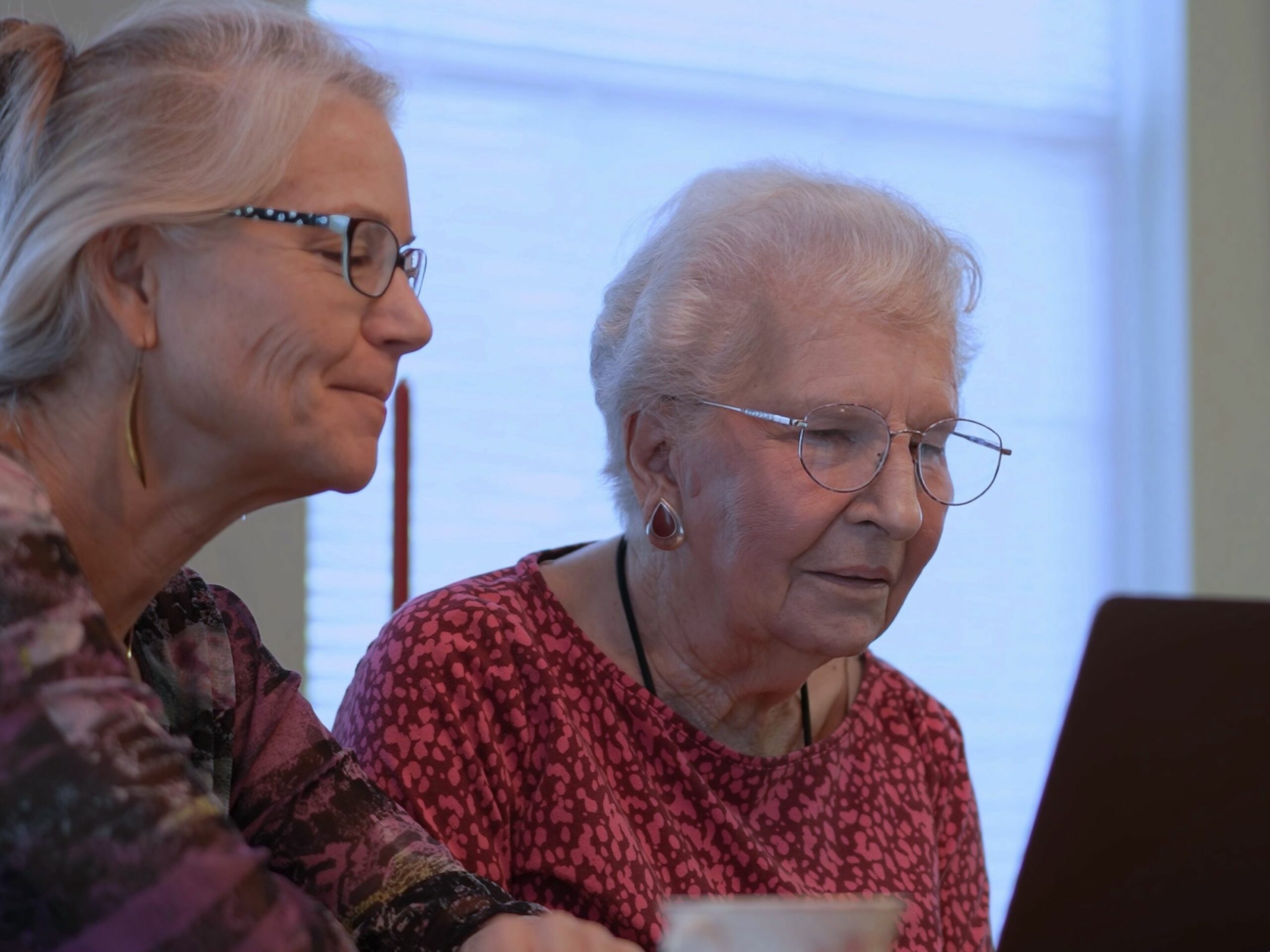Private Seniors’ Residences (RPA) are accommodations with services specifically designed for individuals aged 65 and older who are autonomous or semi-autonomous. These residences not only provide a secure living environment but also offer a range of services included with the accommodation and optional services in addition to rent.
To be certified as an RPA, the residence must adhere to strict standards regarding safety and quality of services, which are verified periodically.

Necessary advice for making the best decision regarding senior residences
Louise Audet
Hello, I’m Louise, your specialized advisor for retirees’ living environments.
With over 30 years of nursing experience with seniors, I am attentive to the needs and living conditions of semi-independent elderly people.
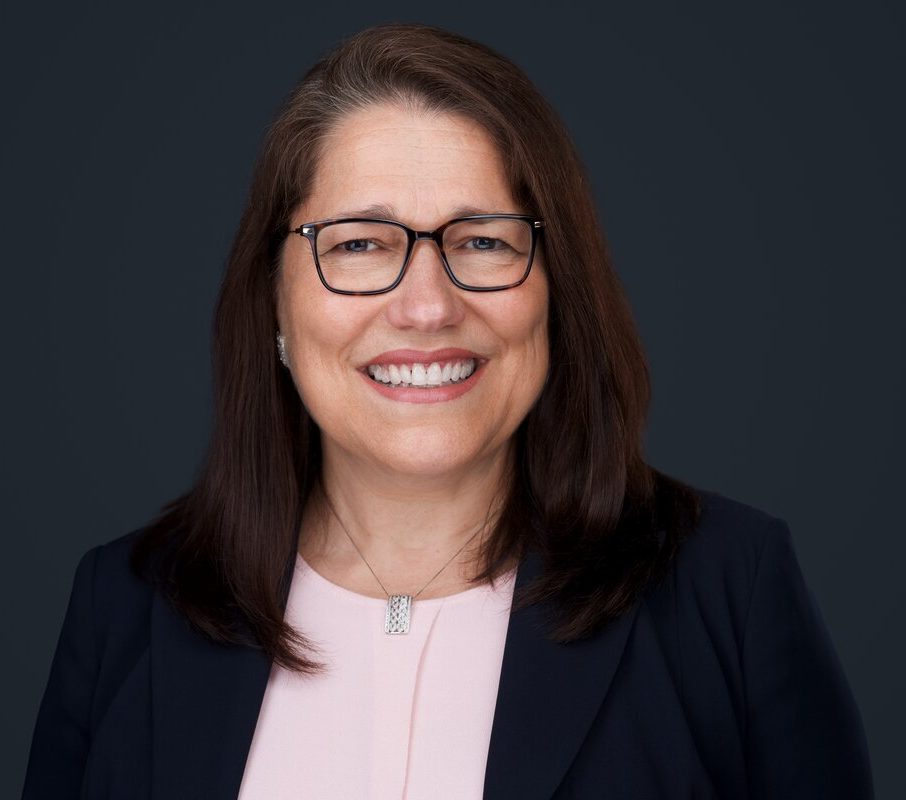
My seasoned expertise allows me to assist you in finding a new living environment tailored to your needs, while reducing the stress and worry associated with complex administrative procedures, always respecting your expectations and needs.
My commitment is focused on your well-being, with a dedicated role to ensure your comfort and peace of mind at every step. Contact me today for personalized assistance, and together, let’s find the living environment that meets your expectations and needs.
Table of content
- What is a Private Seniors’ Residence (RPA)?
- Résidence Le Parc.
- Certification criteria for RPAs
- Establishing a budget before choosing an RPA
- Find a RPA
- Determining Your Needs and Preferences
- Curiosities about the term RPA
- Searching for certified RPAs by the Ministry of Health and Social Services
- Plan your visits and ask the right questions
- Recourse in case of problems or concerns
- Frequently Asked Questions
What is a Private Seniors’ Residence (RPA)?
A Private Seniors’ Residence (RPA) is a type of housing specifically designed to meet the needs of individuals aged 65 and older who are autonomous or semi-autonomous. These residences provide a secure environment and services tailored to the residents’ needs.
- Private Seniors’ Residences (RPA), also known as private residences for the elderly, are places where seniors can live peacefully and receive appropriate support for their situation. These accommodations are specially designed to meet the specific needs of older adults, offering a comfortable and safe atmosphere.
- RPAs typically offer a variety of optional services in addition to rent, such as meal preparation, housekeeping, laundry, social and recreational activities, as well as access to healthcare if needed. These additional services can greatly improve residents’ quality of life by allowing them to focus on their preferred activities without having to worry about daily tasks.
- To be a certified RPA, the residence must adhere to certain standards set by the Ministry of Health and Social Services. This includes having a minimum number of employees required at all times to ensure the safety and well-being of residents. Additionally, each unit must be equipped with an emergency call system to ensure quick assistance in case of an emergency.
- RPAs also offer an environment conducive to socialization and interactions with other residents. This can help prevent the social isolation often associated with aging. Furthermore, these residences are typically located in accessible neighborhoods, allowing residents to stay connected to their family, friends, and community.
- A Private Seniors’ Residence (RPA) is a housing option specifically designed for individuals aged 65 and older. RPAs offer a variety of services tailored to the needs of seniors, such as meal preparation, housekeeping, and social activities. These residences are certified according to certain standards established by the Ministry of Health and Social Services to ensure the safety and well-being of residents.
A seniors’ residence (RPA) is an ideal choice for seniors who wish to live in a secure environment with services tailored to their specific needs. These accommodations offer comfort, security, and opportunities for socialization.
Résidence Le Parc.
📍 7930 Bd Viau, Saint-Léonard, QC H1R 4A2, Canada
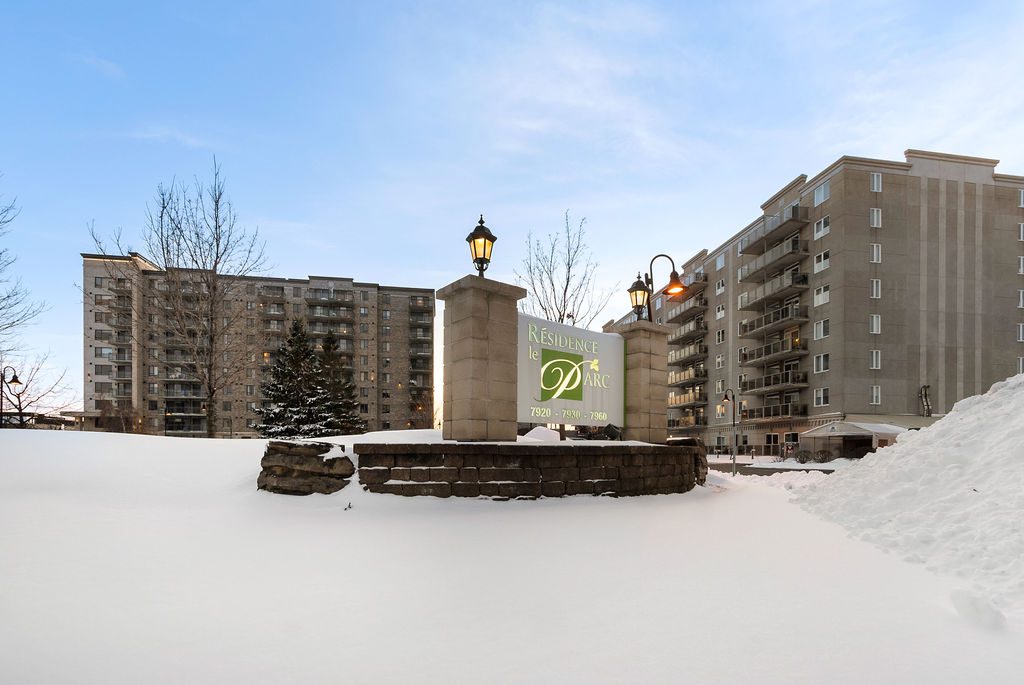
The Private Seniors’ Residence Le Parc in St-Léonard, Montreal, is a certified retirement home offering elegance and comfort to seniors. Residents benefit from a safe, warm environment with services and care tailored to their needs and evolving over time.
The residence is located near shops, restaurants, and cafes, providing additional convenience for residents.
With its combination of elegance, comfort, and quality services, the Le Parc Seniors’ Residence in St-Léonard is an ideal choice for seniors seeking a peaceful and enjoyable retirement.
+1 (514) 821-8408
Certification criteria for RPAs
To be certified as a Private Seniors’ Residence (RPA), a private seniors’ residence must meet strict criteria established by the Ministry of Health and Social Services. These criteria aim to ensure the safety and quality of services provided to residents. Here are some of them:
- Minimum number of employees: The residence must have a minimum number of employees required at all times to ensure the safety and well-being of residents. This includes qualified staff to meet medical, administrative, housekeeping, and social support needs.
- Emergency call system: Each unit for individuals aged 65 and over must be equipped with an emergency call system allowing residents to quickly request assistance in case of emergency or specific need.
- Safety standards: The residence must comply with safety standards for fire prevention, quick evacuation in case of emergency, and protection against risks related to the physical environment.
- Health standards: The residence must maintain a high level of cleanliness and hygiene in all common areas, including kitchens, bathrooms, and common areas.
- Medical follow-up: RPAs must provide appropriate medical follow-up to residents, ensuring they have access to quality healthcare and specialized medical services if needed.
- Social and recreational activities: Private seniors’ residences must offer social and recreational activities tailored to the interests and needs of residents, promoting their physical, mental, and emotional well-being.
These certification criteria are essential to ensure the safety, comfort, and quality of life of elderly people living in an RPA. Before choosing a private seniors’ residence, it is important to ensure that it is certified by the Ministry of Health and Social Services to have the assurance that the required standards are met.
It is recommended to consult the resources available in your region or contact a professional or the organizations specializing in housing for the elderly to obtain more information on the specific criteria to consider when choosing a certified RPA. A low-income senior residence may also be an option to consider depending on your financial needs.
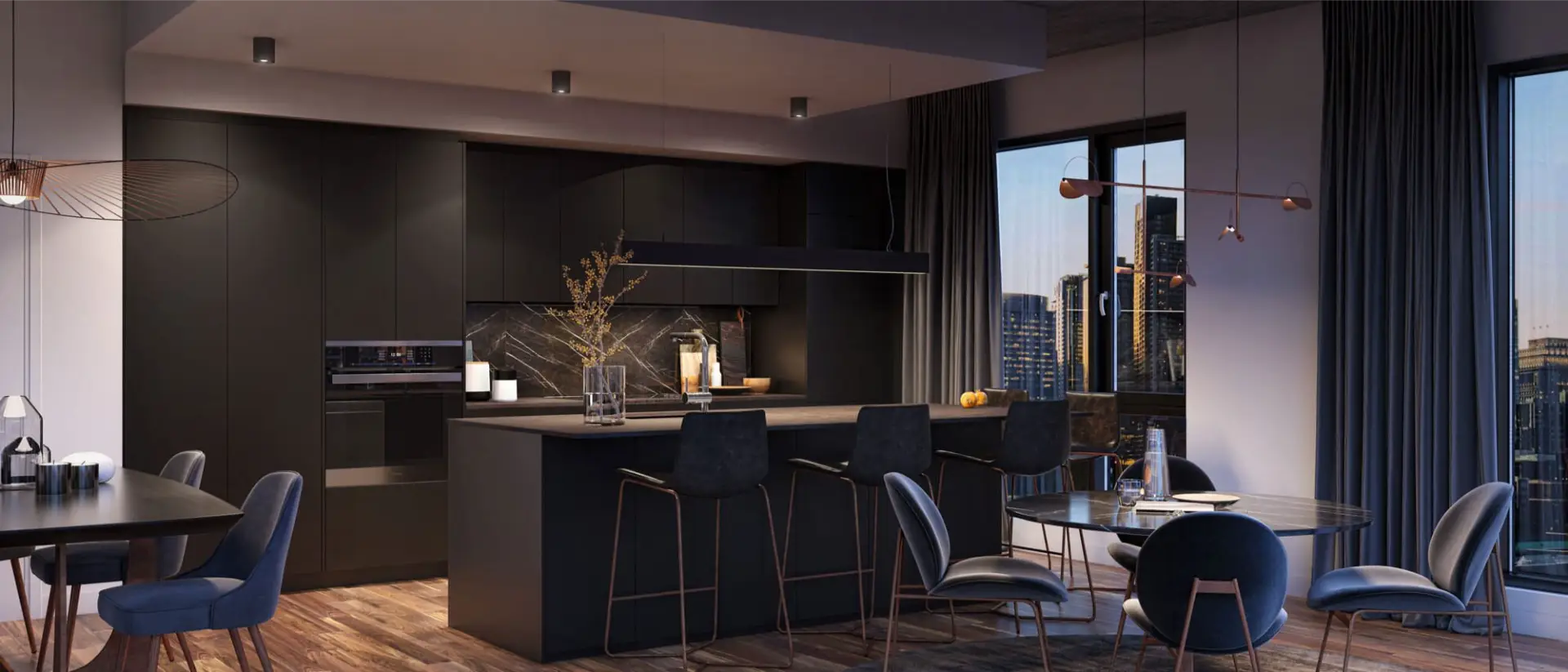
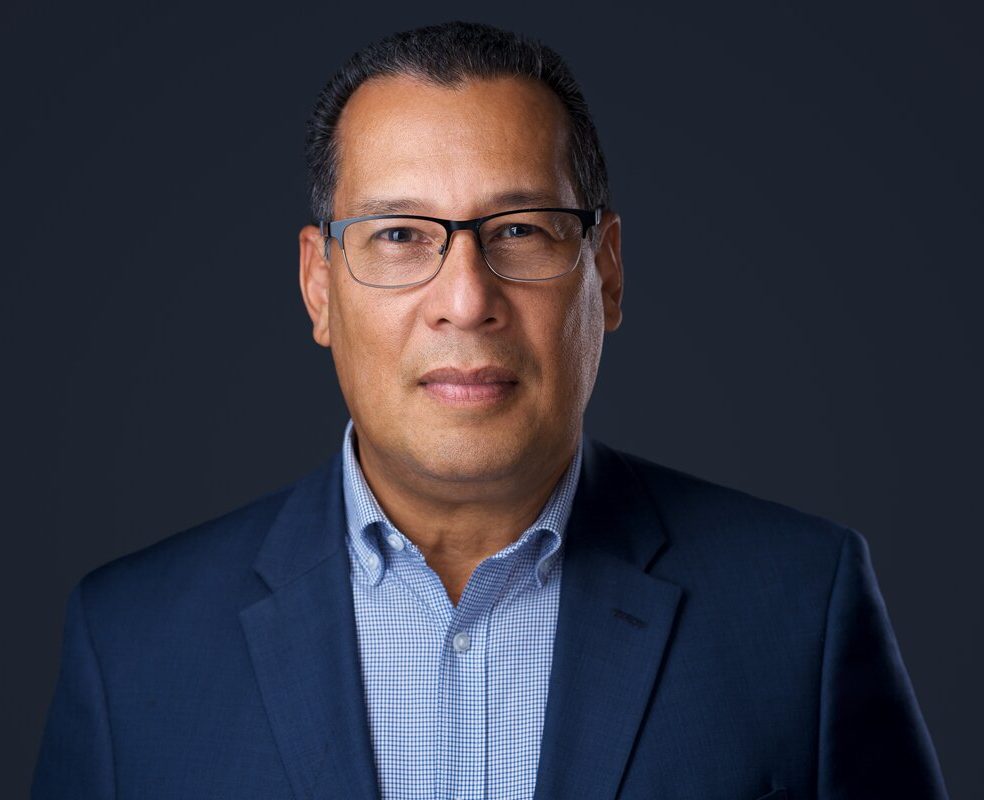
Contact Edgar Sanson
An experienced broker capable of guiding you through the process and providing you with the best advice to maximize your chances of success.
Establishing a budget before choosing an RPA
Before choosing an RPA (private seniors’ residence), it is essential to establish a budget taking into account your income and expenses. In addition to rent, private senior residences often offer optional services that may incur an additional cost.
To establish your budget, start by listing all your monthly income, such as your retirement pension, government benefits, and any other source of income. Then, identify all your regular monthly expenses, such as current housing, electricity and water bills, food, medical care, and transportation.
When considering an RPA, take into account the monthly rent as well as any additional services offered by the residence. These services may include meal preparation, housekeeping, laundry, or social activities. Make sure to include these costs in your budget to have a clear idea of your total monthly expenses.

It is also important to note that some additional services offered by an RPA may be eligible for the senior tax credit. Check with the tax authorities to see if you are eligible for this credit and how it may affect your overall budget.
In addition to the financial cost, it is also recommended to consider your needs and preferences regarding the living environment. Think about what is important to you, whether it is proximity to family and friends, access to medical services, or the opportunity to participate in social activities. These factors can influence your final choice.
Once you have established your budget and identified your needs, you can begin looking for RPAs certified by the Ministry of Health and Social Services. Check specialized websites, local directories, or ask for recommendations from friends or other seniors to find residences that best suit your criteria.
Next, plan visits to the selected residences to ask any relevant questions about the services offered, associated costs, and any other important aspects for you. Do not hesitate to request a guided tour to see the environment for yourself and talk to other residents if possible.
If you encounter any issues or concerns regarding the RPA lease, you can contact le Tribunal administratif du logement or le Protecteur du citoyen if necessary. It is important to be well informed about your rights as a tenant before signing a contract with a private seniors’ residence.

For seniors with low income, there are also options for low-income senior housing. These residences offer affordable housing tailored to the specific needs of seniors with limited budgets.
Establishing a budget before choosing a private seniors’ residence (RPA) is essential for making an informed decision. Take into account your income, expenses, and the costs associated with the residence. Also, remember to consider your needs and preferences regarding the living environment. Conduct thorough research, plan visits, and ask all necessary questions before applying for accommodation.
Contact Louise Audet, a specialised advisor in retirement living environments.
Find a RPA
NOTE : To find an RPA residence, it is recommended to consult the resources available in your region or contact organizations specializing in housing for the elderly. They can guide you in your search and help you find the accommodation that best suits your needs.
Determining Your Needs and Preferences
Before choosing a private seniors’ residence (RPA), it is important to determine your needs and preferences regarding the living environment. Each person has different expectations for their environment, and it is essential to find a residence that best suits your specific needs.
To begin, consider your level of autonomy and your needs for assistance. Some seniors are entirely independent and only require secure housing for 65 and older, while others may need additional assistance for daily tasks or regular medical care. Clearly identify your needs to find a retirement home that can adequately meet these requirements.
Next, think about your social and family network. Do you want to be close to your family, or do you prefer to live where you can easily meet other people of your generation? Proximity to loved ones can be an important factor for some, while others may prefer the opportunity to make new friends in a social environment that suits them.
It is also important to consider the area where the residence is located. Do you prefer to live in a lively urban neighborhood or in a quieter area on the outskirts? Also, think about the amenities available nearby, such as shops, parks, or medical services, for a private seniors’ residence.
In addition to these aspects, also consider the activities and services that interest you. Some residences offer a variety of social and recreational activities, such as yoga or exercise classes, cultural outings, or book clubs. If you have specific interests, make sure that the residence offers these activities or is located near places where you can pursue them.
Once you have identified your needs and preferences, research certified private seniors’ residences approved by the Ministry of Health and Social Services. Consult specialized websites, read online reviews, and ask for recommendations from other seniors or your social circle.
Then, plan visits to the selected residences to ask all relevant questions regarding your specific needs. Inquire whether the RPA offers the services you need, if it offers activities that match your interests, and if it is located in an environment that meets your preferences.

Don’t hesitate to also talk to other residents during your visit to get their perspective on life in this residence. Their experiences can be valuable in assessing whether the residence will truly meet your expectations.
Determining your needs and preferences before choosing a retirement home (RPA) is essential to finding a living environment that suits your situation. Consider your level of autonomy, your need for assistance, your social and family network, the environment in which you want to live, and the activities that interest you. Conduct thorough research, plan visits, and ask all necessary questions to find the residence that best meets your expectations.
Curiosities about the term RPA
Therefore, never be confused with any of the concepts below.

Registered Pension Plan
The Registered Pension Plan (RPP) is a retirement plan where individuals contribute to a fund for their own retirement. Contributions are often tax-deductible. The funds are managed by financial institutions and provide income upon retirement.

Robotic process automation
Robotic Process Automation (RPA) is a technology for automating repetitive, rules-based tasks using software robots. These robots mimic human actions in computer systems to improve operational efficiency and reduce errors.
Searching for certified RPAs by the Ministry of Health and Social Services
When looking for an RPA (private seniors’ residence) or housing for those aged 65 and over, it is important to find residences that are certified by the Ministry of Health and Social Services. This certification ensures that the residence meets the safety and service quality standards established by the competent authorities.
To find certified RPAs or private seniors’ residences, you can start by checking the website of the Ministry of Health and Social Services in your region. They generally provide a list of certified residences in your geographic area.
You can also contact organizations specializing in housing for seniors, such as Local Community Service Centers (CLSC) or associations assisting the elderly. They can provide you with information on certified residences in your region and guide you in your search.
Once you have identified a few potential residences, take the time to plan visits. This will allow you to personally assess each residence, its environment, facilities, and services offered.
During your visits, do not hesitate to ask all relevant questions regarding the certification of the residence. Inquire whether it complies with all safety and service quality standards established by the Ministry of Health and Social Services. You can also ask to see certificates or official documents proving the certification.
It is important to note that certification may be renewed periodically, so it is recommended to regularly check if a residence maintains its certification.
To find RPAs certified by the Ministry of Health and Social Services or a low-income senior’s residence, visit their website, contact organizations specializing in housing for seniors, and use online directories. Then, plan visits to the selected residences to personally assess their compliance with established standards. Make sure to gather all necessary information before making a decision regarding your accommodation as a retired person.
Plan your visits and ask the right questions
Lorsque vous envisagez choisir une RPA (résidence privée pour aînés), il est essentiel de planifier des visites dans les résidences qui rencontre vos critères. Cela vous permettra d’évaluer personnellement chaque résidence, son environnement, ses installations et ses services proposés.
1
Make an Appointment
Contact the residence in advance to schedule an appointment to ensure that someone will be available to greet you and answer your questions during your visit.
2
Visit Different Private Senior Residences
Plan visits to several private senior residences to compare the available options and find the one that best suits your needs.
3
Observe the Environment
During your visit, take the time to observe the overall environment of the residence.
- Is it clean, well-maintained, and secure?
- Are there pleasant outdoor spaces?
4
Ask about the services offered
Ask about the services included in the monthly rent and which ones are optional with an additional cost. Also, make sure to understand how billing for additional services works.
5
Inquire about the staff present
Inquire about the staff on site. Ask how many employees work at the residence and what their qualifications are. Also, find out about their availability in case of an emergency or specific needs.
6
Ask for information about social and recreational activities
Ask for information about social and recreational activities. Inquire about the activities offered to residents.
- Are there organized outings, clubs, or special events?
- Do these activities match your interests and social needs?
7
Talk with other résidents
If possible, take the time to talk to other residents during your visit. They can give you insight into daily life in the RPA and answer some of your questions.
8
Ask about safety
Ask about safety measures in place at the RPA, such as fire alarm systems, emergency call devices, and evacuation protocols.
9
Inquire about access to medical care
Inquire about access to medical care in the RPA.
- Is medical staff available at all times?
- How are medical emergencies managed?
10
Clarify all your concerns
Do not hesitate to ask any questions that come to mind during your visit. It is important that you feel well informed before making a decision regarding your accommodation as a senior.
Plan your visits to different RPAs, ask relevant questions, carefully observe each residence, and take notes. By comparing, you will be able to make an informed decision regarding the choice of accommodation that best suits your needs and preferences. Don’t forget to consider aspects such as the environment, the services offered, safety, access to medical care, and proximity to community services in your evaluation.
If you have any concerns or issues regarding the lease in an RPA, feel free to contact the Administrative Housing Tribunal or the Ombudsman for advice and additional assistance if needed.
Recourse in case of problems or concerns
In case of problems or concerns regarding the lease in an RPA (private seniors’ residence), it is important to know that there are remedies available to help you resolve the situation. Here are some options you can consider.
1.
Contact the management of the residence
If you encounter an issue or have a concern, it is recommended to first contact the management of the private seniors’ residence. Explain your situation clearly and request a resolution or clarification on the problem encountered.
2.
Appeal to the Administrative Housing Tribunal
If you are not satisfied with the response from the residence’s management, you can contact the Administrative Housing Tribunal (TAL) for advice and to initiate a procedure if necessary. The TAL can intervene in disputes related to leases in retirement residences.
3.
Contact the Ombudsman
The Ombudsman is an independent organization that ensures respect for citizens’ rights and can intervene in situations where your rights as a tenant are violated in a retirement residence. You can contact them for advice and to report any issues or abuse.
4.
Consult a specialized lawyer
If your situation becomes complex or requires legal expertise, it may be helpful to consult a lawyer specializing in issues related to private residences for seniors. They can advise you on your rights and help you take appropriate action.
It is important to note that each situation is unique, and it may be necessary to assess the available remedies based on your specific circumstances. It is recommended to document all issues or concerns encountered, including correspondence with the residence management, to have a written record of events.
If you encounter a problem or have a concern regarding your lease in a private seniors’ residence, there are remedies available to help resolve the situation. First, contact the management of the senior’s residence, then consider seeking assistance from the Administrative Housing Tribunal, the Ombudsman, or a specialized lawyer if necessary. Be sure to document all relevant exchanges and events to support your case.
To learn more about RPAs, you can visit the website of the Government of Quebec↗, which provides detailed information about this type of residence and the eligibility criteria. It is important to understand what an RPA is before making a decision regarding your accommodation as a senior.
Frequently Asked Questions
Private residences for seniors, also known as RPAs, cater to the needs of autonomous or semi-autonomous elderly individuals.
You can move into a residence if you are 60 years of age or older and are independent enough to live without assistance.
In a retirement home, elderly people rent a private apartment and live at their own pace according to their lifestyle habits.
RPAs offer services tailored to the needs of seniors, such as security, medical assistance, and social activities.
A good retirement home offers a safe environment, suitable facilities, opportunities for social interaction, and staff attentive to the well-being of residents.
